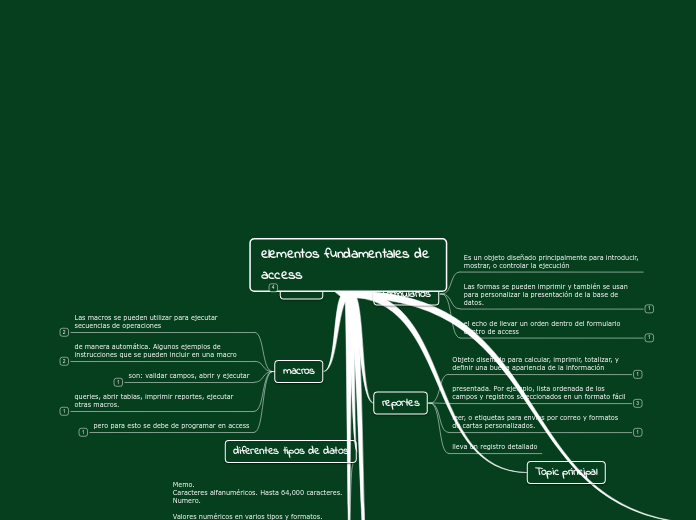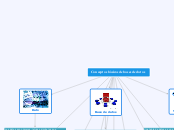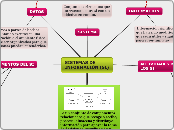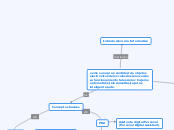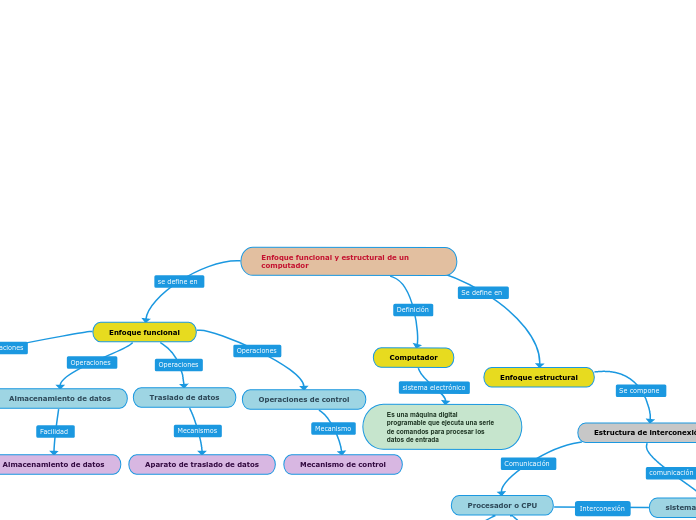elementos fundamentales de access
This ancient civilization of Northeastern Africa is one of the most spectacular of the ancient world. Find out more about the people of Ancient Egypt, their gods and goddesses, magical land and daily life.
diferentes tipos de datos
Memo.
Caracteres alfanuméricos. Hasta 64,000 caracteres.
Numero.
Valores numéricos en varios tipos y formatos.
Fecha/Tiempo.
Formato de fecha
y hora.
Moneda.
Datos monetarios.
Subtopic
macros
Egyptian Art has a major role in conveying the essential traits of this great civilization.
The Egyptian art portrays best what this civilization valued the most, what people looked like, how they dressed, the jobs they had, etc.
pero para esto se debe de programar en access
Work of art
Works of art in Ancient Egypt
Egyptian art includes paintings, sculptures, hieroglyphics, papyrus sheets, pottery objects. Give a few examples.
queries, abrir tablas, imprimir reportes, ejecutar otras macros.
Color
Colors in Ancient Egyptian art
What are the colors used most often in Egyptian paintings? Type them in.
son: validar campos, abrir y ejecutar
Materials in Ancient Egyptian art
Type in the materials which were frequently used to create works of art of any kind.
de manera automática. Algunos ejemplos de instrucciones que se pueden incluir en una macro
Symbol
Symbolism played a very important role in Ancient Egypt art.
Type in various symbols highlighted in the Egyptian work of arts.
godsanimalsbluegreenyellowred
Meaning
What is the meaning of this symbol?
Example: red can symbolize vitality.
Las macros se pueden utilizar para ejecutar secuencias de operaciones
Period
Periods in Ancient Egyptian art
Type in the 6 periods in the Egyptian art. Example: Old Kingdom (2680 BC-2258 BC) .
tablas
A 'pharaoh' was the supreme political and religious leader of the land. The word 'pharaoh' comes from Greek and it initially related to the designation of a royal residence.
Each pharaoh was usually the son or declared heir of the previous pharaoh, born of the Great Wife (pharaoh’s chief consort) or sometimes a lesser-ranked wife favored by the pharaoh.
Among the over 300 pharaohs in ancient Egypt, only a few of them succeeded to leave behind an eternal legacy.
que corresponden a las columnas y definen los nombres y tipos de datos que componen la tabla.
Guess the Pharaoh
- Who is the most famous female pharaoh in ancient Egypt?
- Last pharaoh who made Egypt one of the world's most powerful and rich civilizations in the world.
Type in the name of this pharaoh and the period in which she ruled.
Las tablas guardan la información en registros que corresponden a las hileras y campos
Guess the Pharaoh
- Who is the pharaoh whose reign set the foundations of the New Kingdom?
- He is the founder of the 18th dynasty.
Type in the name of the ruler and the period in which he reigned.
contiene datos acerca de alguna entidad de información, por ejemplo, clientes
Guess the Pharaoh
- Who is the pharaoh that ruled in a peaceful and beautified Egypt?
- He built the Luxor Temple dedicated to Amun.
Type in the name of the pharaoh and the period in which he ruled.
La información de una base de datos esta organizada en forma tabular
Guess the Pharaoh
- Who was the pharaoh that changed the Egyptians' religious views, encouraging them to believe in one god?
- He builds the new capital of Egypt at Amarna.
Type in the name of this important pharaoh and the period in which he ruled. Example: Ahmose I, 1570 - 1546 BC.
tipos de datos
Texto.
Caracteres alfanuméricos. Hasta 255 caracteres.Auto Numérico.
Contador numérico auto incrementado.
Si/No.
Valores lógicos. Si/No, Verdadero / falso.
Objetos OLE.
Imágenes, graficas, multimedia, documentos de Office.
modulos
Es un objeto que contiene una función personalizada y que puede ser creada utilizando Visual Basic for Applications (VBA).
Topic principal
reportes
lleva un registro detallado
Egyptians wore make-up and jewelry because they believed this made them more attractive for the Gods. Also, jewelry was a sign of wealth - the more jewelry someone had, the richer he/she was.
leer, o etiquetas para envíos por correo y formatos de cartas personalizados.
Footwear
Footwear in Ancient Egypt
Egyptians went barefoot most of the time, but on special occasions, they liked to wear sandals. Nevertheless, the materials from which the rich people and the poor ones made their sandals differed.
presentada. Por ejemplo, lista ordenada de los campos y registros seleccionados en un formato fácil
Children
How did children in Ancient Egypt dress?
Type in a short description of the way the children in Ancient Egypt were dressed.
Women
How did the Egyptian women dress?
Type in a short description of the way the women from Ancient Egypt were dressed.
Men
How did the Egyptian men dress?
Type in a short description of the way the Egyptian men dressed.
Objeto diseñado para calcular, imprimir, totalizar, y definir una buena apariencia de la información
Material
Clothing materials in Ancient Egypt
The hot summers and mild winters in Egypt favored light clothing made predominantly out of plant fibers.
Animals skins and feathers were sometimes worn by priests and pharaohs.
Type in several examples of clothing materials.
formularios
Ancient Egyptian Farming
One of the reasons for which this civilization was so successful was the fact that they used farming to produce their own food and cloth. The farmers grew their crops along the bank of the River Nile.
el echo de llevar un orden dentro del formulario dentro de access
Animal
What animals did the Egyptians have?
Animals were very important to Egyptians both because they were a source of food and drink, and they helped the farmers with pulling the plow, eating unwanted crops, and trampling in the seeds. Type in several examples.
Las formas se pueden imprimir y también se usan para personalizar la presentación de la base de datos.
Crop
What crops did the Egyptians grow?
They grew all sorts of crops, but the most important was grain, from which they made bread, beer, and porridge. Type in various types of crops.
wheatbarleyonionleekcucumberlettucecabbagebeans
Es un objeto diseñado principalmente para introducir, mostrar, o controlar la ejecución
